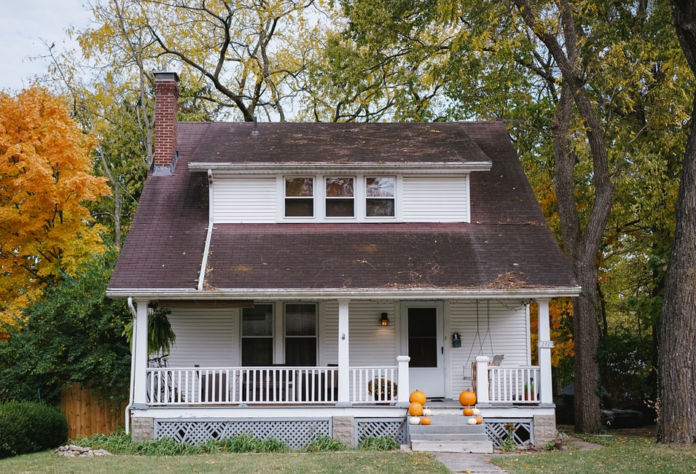Buying a home for the first time can be an exciting moment or a very stressful one. You may find yourself overwhelmed by all the little details with so many factors to account for. It can be similar to selling your home. If you seek answers on how to sell a house fast in Colorado Springs, you will need to contact professionals to guide you, as this saves you more time and hassle than doing it yourself.
As a first-time homebuyer, you’ll find yourself grappling with some issues that you may not have encountered as a renter.
The following tips will help you to be better prepared for this experience:
1)Know Your Budget
The consensus among financial advisors is that your housing costs should not exceed a third of your monthly income. This means that if you earn $3000 a month, your monthly rent shouldn’t be more than $1000. The same logic applies to buying your first home, especially if you’re going to need a loan to finance it. You can use an online mortgage calculator to get an understanding of the monthly mortgage payments you’ll have to make. This helps you to know how much to borrow. Of course, if you can purchase the house outright, the better.
2) Don’t Think of Your First Home as an Investment
Many first-time homebuyers are under the mistaken impression that owning a house is a secure investment that will pay huge dividends in the future. True, the housing market can experience significant growth, causing your home to appreciate. However, that’s not always the case. Even when you buy a house in a neighborhood where house prices usually increase, there is no guarantee that such a trend will hold for the foreseeable future. It is necessary to give a thorough thought before regarding your first home as an investment opportunity. If the housing market crashes, you could find yourself in dire financial impediments if you had pinned your hopes on recouping a significant return on investment.
3) Understand the Other Costs Involved
Being a homeowner involves more than just keeping up with your mortgage payments. Property taxes are some of the other costs you may have to consider. Depending on where you live, you may be required to have homeowner’s insurance, which can put a strain on your monthly budget if you don’t plan for it. Before buying your first home, it’s always prudent to have a thorough inspection of the property. Depending on the findings, you may have to carry out repairs and remodeling works later. All these costs will affect your initial budget.
4) Check Your Credit Score
If you’re going to use a mortgage to pay for your house, your credit score is paramount. A good credit score of, say, 700 helps you get a lower interest rate on your mortgage. This is because such a good credit score signals to lenders that you’re less likely to default on your repayments. To improve your credit score, ensure that your credit card balances are very low and pay all your bills on time. It would help if you did this before house hunting.
5) Plan For a 20% Down Payment
Usually, a 10% down payment of the house’s market value is what you need to secure a loan. However, it’s always good to plan for at least a 20% down payment. Paying 20% (or higher) is advantageous because it gives you some leverage, thereby helping you to negotiate a better (lower) interest rate. With some lenders, putting down less than 20% means you have to carry private mortgage insurance (PMI). This is an extra financial burden that will put a further financial strain on you. In general, the higher percentage of the house price that you pay upfront, the better.
6) Know the Necessary Documents For a Loan
You may need numerous documents to complete the house sale process. These include financial statements from your bank, pay stubs, homeowner’s insurance policy, etc. A crucial document for most such sales is IRS Form 4506. This document gives your lender the authority to request this information directly from the IRS to look into your tax returns. Ensure to have all such documents ready before thinking of buying your first home.
7) Get Pre-Approved for a Loan
Getting mortgage pre-approval means that lenders have examined all aspects of your financial situation and determined how much money can be lent to you to finance your house purchase. When you start house hunting, this is a good thing because it shows real estate agents how serious you are.
All in all, you need to consider all the above factors carefully before thinking of buying your first home.










